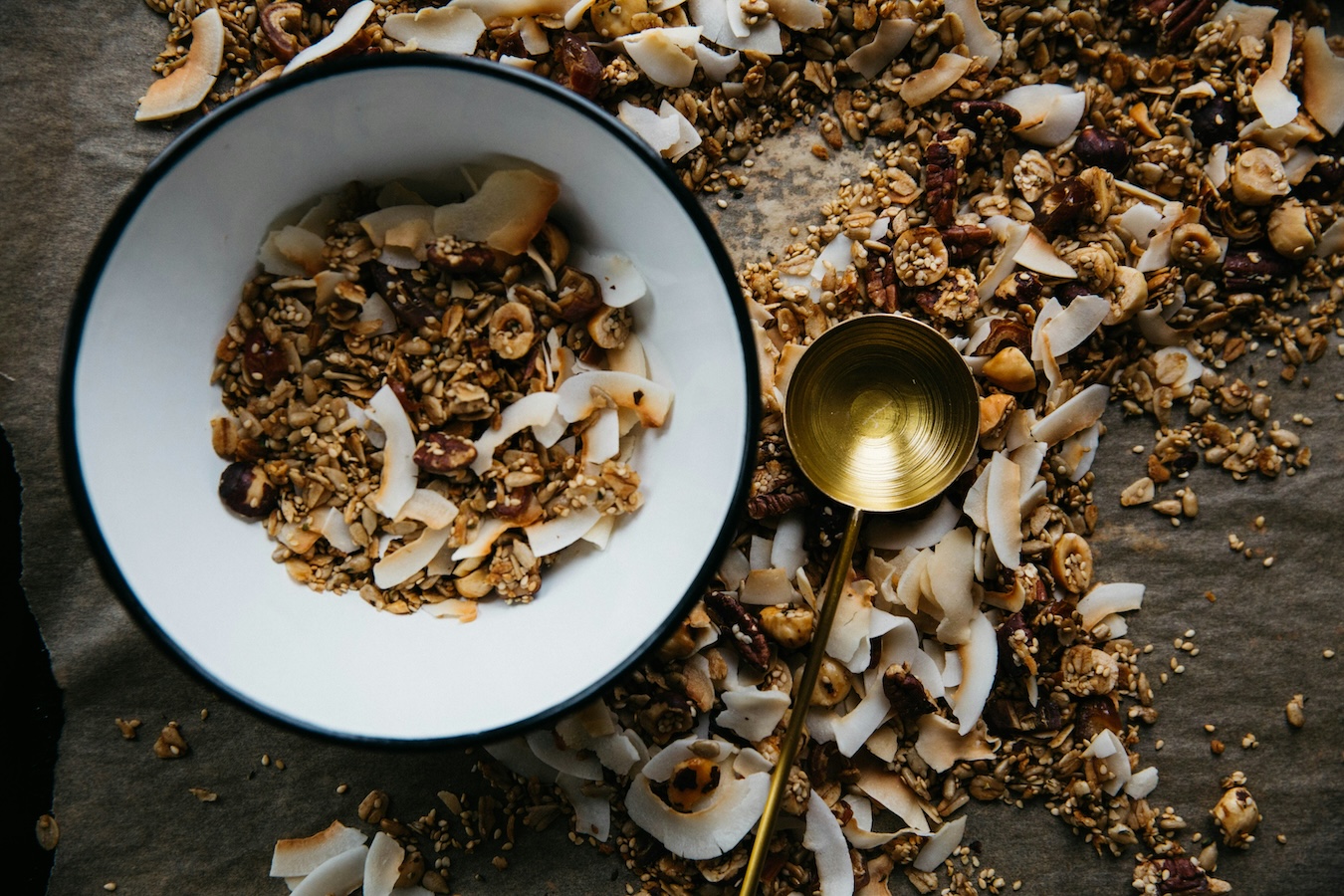When it comes to maintaining weight loss, the conversation centers around calorie tracking, workout routines, and nutritional content. Recent research suggests that one simple, often-overlooked factor may be playing a major role.
Why Fiber Matters
Unlike most carbohydrates, fiber isn’t digested by the body. Instead, it passes through the digestive system, helping regulate blood sugar, support gut health, and promote feelings of fullness—all of which are essential for weight management.
The Key to Fullness
Foods high in fiber, like vegetables, fruits, whole grains, legumes, nuts, and seeds, help slow digestion and stabilize hunger hormones. This means you’re less likely to experience the cravings that can derail long-term weight loss.
Backed by Science
Studies have shown that people who eat higher-fiber diets not only lose more weight initially, but they’re also more likely to keep it off. A popular study found that simply aiming to eat 30 grams of fiber a day—without making other dietary changes—was as effective for weight loss as following a complex diet plan.
A Gut-Friendly Option
Fiber also supports the gut microbiome, the community of bacteria that live within your digestive system. A healthy gut has been linked to better metabolism, lower inflammation, and improved insulin sensitivity—all crucial for maintaining a healthy weight.
Avoiding a Crash Diet
The best part is that you don’t need a drastic new diet to increase your fiber intake. Add beans to your salad, choose whole grains over refined ones, and snack on fruit with the skin on. Small shifts can lead to lasting changes.
Cover Photo by Rachael Gorjestani










